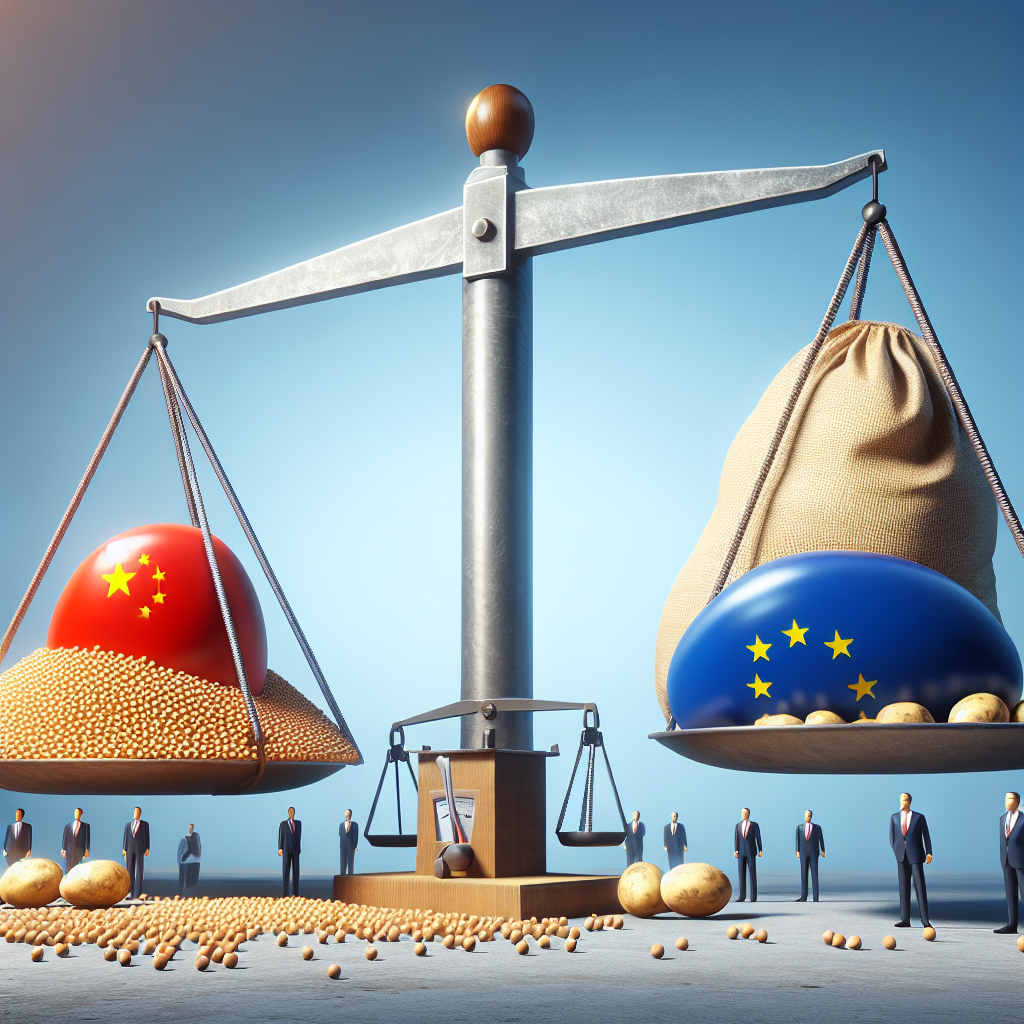Soya Beans: The Hidden Leverage in China and EU’s Trade Strategy Against Trump’s Tariffs
Soya Beans: The Hidden Leverage in China and EU’s Trade Strategy Against Trump’s Tariffs
Introduction
The escalating trade tensions between the United States and its global partners have led to strategic maneuvers involving unexpected commodities. Soya beans have emerged as a pivotal element in the trade strategies of China and the European Union (EU) as they counteract tariffs imposed by the Trump administration.
The Role of Soya Beans in Trade Negotiations
Soya beans, a major agricultural export of the United States, have become a focal point in the trade disputes. Both China and the EU are leveraging this commodity to exert pressure on the U.S. and gain favorable terms in negotiations.
- China’s Strategy: As the largest importer of U.S. soya beans, China has strategically reduced its imports, opting to source from other countries like Brazil, thereby impacting American farmers and applying economic pressure on the U.S. government.
- EU’s Approach: The EU has increased its soya bean imports from the U.S., offering a temporary relief to American farmers while simultaneously using this as a bargaining chip in broader trade discussions.
Implications for Global Trade
The strategic use of soya beans highlights the interconnectedness of global trade and the potential for agricultural commodities to influence international relations. This approach underscores the complexity of trade negotiations and the multifaceted strategies employed by nations to protect their economic interests.
- Economic Impact: The shift in soya bean trade flows affects global market prices and has significant economic implications for farmers and related industries.
- Political Ramifications: The use of agricultural commodities as leverage in trade disputes reflects the broader geopolitical strategies at play, influencing diplomatic relations and alliances.
Conclusion
The strategic manipulation of soya bean trade by China and the EU in response to U.S. tariffs underlines the intricate dynamics of international trade. This scenario exemplifies how seemingly mundane commodities can become powerful tools in global economic strategies, affecting not only trade balances but also political alliances and economic stability.




































